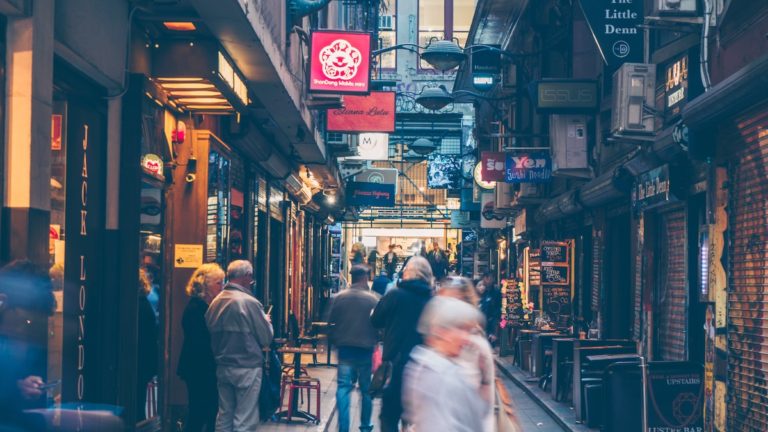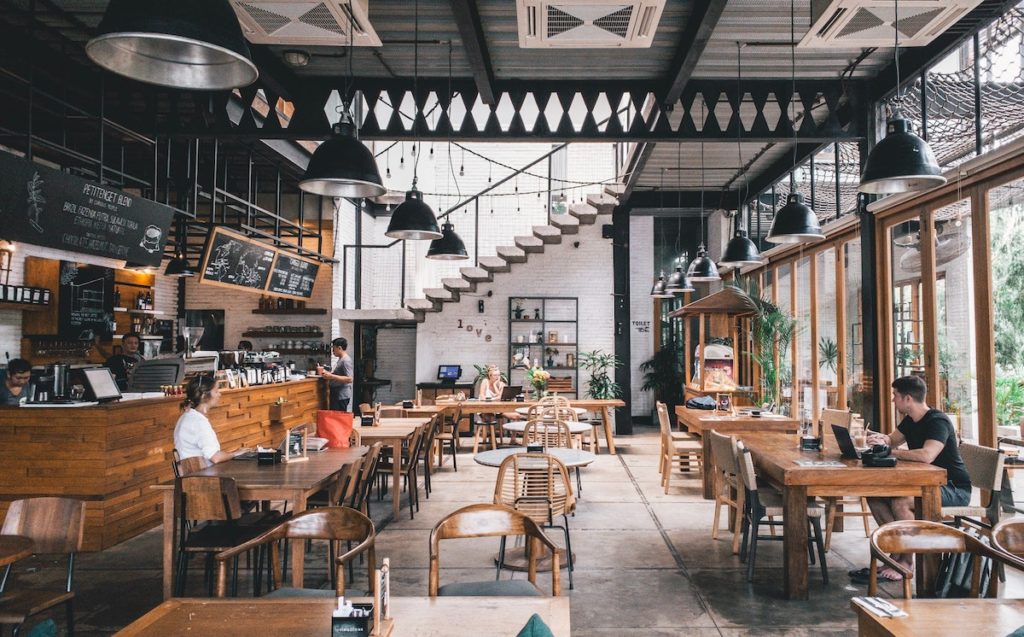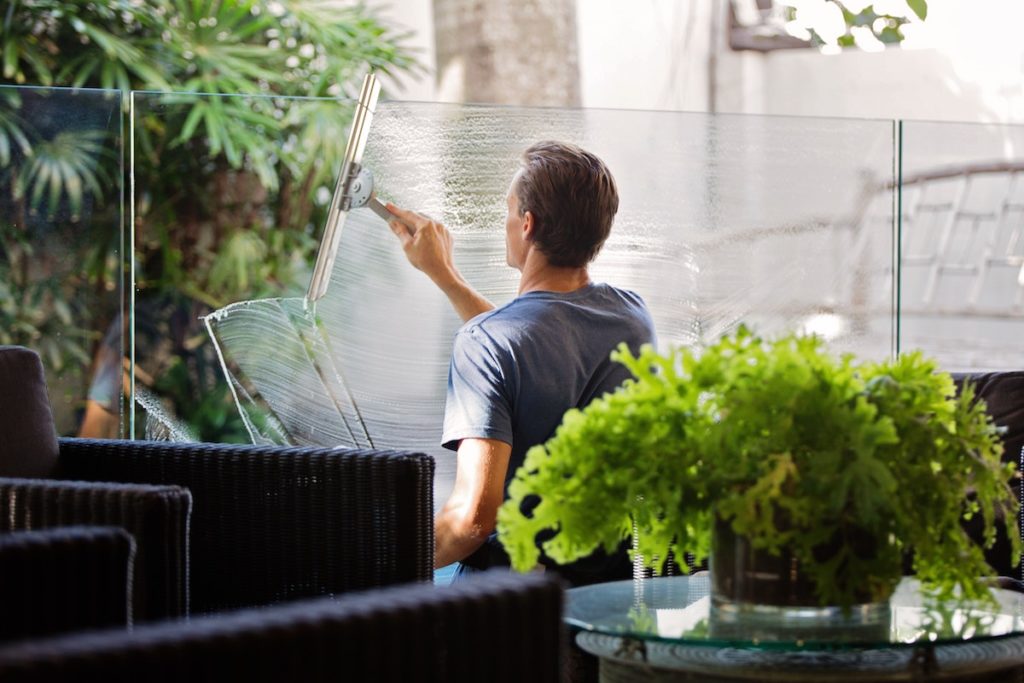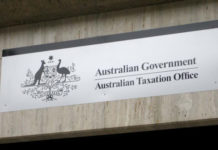
Melbourne, known for its vibrant culture, diverse economy, and abundant opportunities, is a prime destination for job seekers. If you want to work in Australia, this can definitely be a good option. Whether you’re looking for casual, part-time, or full-time work, here’s a comprehensive guide to help you navigate the job market in Melbourne.
Table of Contents
Understanding the job market
Economy and key Industries
Melbourne has a robust economy with key industries including:
- Retail Trade: A significant employer, especially for casual and part-time work.
- Education and Training: Opportunities in schools, universities, and vocational education.
- Construction and Manufacturing: Both sectors provide various full-time positions.
- Professional, Scientific, and Technical Services: Includes roles in legal, accounting, advertising, and computer system design.
- Healthcare and Social Assistance: The largest sector, providing numerous opportunities in hospitals, aged care, and community services.
Job types
- Casual Work: Ideal for flexibility, common in retail, hospitality, and event management. Casual employees often receive a higher hourly rate but no job security or benefits.
- Part-Time Work: Suitable for those balancing studies or other commitments. Offers job security and pro-rata benefits.
- Full-Time Work: Provides job security, benefits, and a stable income, ideal for career advancement.
Note: Casual employment in Australia comes with a 15/25% casual loading bonus per hour as it offers fewer benefits than salaried jobs (eg, annual leave, sick pay etc.). Don’t get tricked by employers looking to exploit you. Use the Australia Backpackers Guide summary of wages to get a rough idea of how much you should be making in any given role. To get more of an understanding of your legal rights as a casual worker in Australia, see here.
Preparing your application
Resume and Cover Letter
- Resume: Tailor your resume to highlight relevant experience and skills. Include your personal information, a professional summary, work experience, education, and skills.
- Cover Letter: Write a customized cover letter for each job application, explaining why you are a good fit for the role and how your skills and experiences align with the job requirements.
For more information about putting together the perfect CV, see our article on Writing a Resume in Australia.
Certificates and Qualifications
For some jobs, a certificate may be necessary, for example:
- RSA (Responsible Service of Alcohol): Required for jobs in bars and restaurants.
- White Card: to work on construction sites
- Working With Children Check: Necessary for jobs involving minors.
Working in Hospitality and Events
The hospitality industry in Melbourne is booming, with world-class restaurants, cafés, live music venues, sports stadiums and much more. Major events happen frequently throughout the year, but the busiest period for “hospo“, as it’s called Down Under, kicks off in spring.
Best time to find a job in hospitality
The best time to look for hospitality work in Melbourne is during the tail-end of winter, around September. That way, if you’re coming from the Northern Hemisphere, you can enjoy summer at home before arriving in Victoria just as it’s warming up.
For work in restaurants, bars, food trucks, cafés etc, employers will be looking for extra people from November to December in particular, as venues get booked out for Christmas events. What’s more, there are tonnes of events over the spring and summer, which all require massive amounts of casual hospo staff.
Here are some examples of major events in Melbourne that hire during that time:
- Royal Melbourne Show: food stalls in a carnival-like fair (September)
- Australian Moto Grand Prix: motorcycle racing event (October)
- Melbourne Cup: horse racing (October – November)
- Australian Open: tennis tournament (January)
- Formula One Grand Prix: motor racing event (March).

Where to find hospitality work in Melbourne?
Almost all major events in Melbourne take place in locations that are serviced by the city’s tram and train networks. Some companies even offer shuttle buses to assist staff to get to less convenient venues. The most popular nightlife areas for venues are in inner-city neighbourhoods including Richmond, South Melbourne, Collingwood, St Kilda, Brunswick, or the CBD.
How to get a hospitality job in Melbourne?
Printing out your resume and going from venue to venue asking if they are hiring might seem old-school, but it’s one of the most effective ways of finding a job in Melbourne. Going into a venue in person shows initiative and confidence and allows the manager to see you face-to-face and get a sense of your personality. You may be offered an interview or a trial on the spot, so come prepared!
Another great bet for finding a decent gig in the hospitality or events industry is to scour job ads that get posted on Indeed.com.au or seek.com.au. Another effective method is to search on Facebook and join relevant groups, such as the Melbourne Bartender Exchange and The Melbourne Cafe Exchange, to find insider information about where is hiring and get in touch with managers directly. Other good groups include Melbourne Jobs and Backpacker Jobs in Australia.
Get your RSA Certificate
If you plan to work in a venue that serves alcohol, you will require a Responsible Service of Alcohol certificate, or RSA, which covers your rights and responsibilities regarding alcohol and patrons. It is actually a very interesting course and can be combined with a Certificate IV in hospitality for those looking to enhance their skills in coffee-making, cocktails, first-aid, and food handling, which will all increase your chances of employment.
Staff without an RSA certificate need to undertake training no more than one month after they begin serving alcohol on the licensed premises. It is better to get your RSA certificate done before you even start applying for hospitality jobs.
Get your RSA in Australia (with special discounts!)
Pay less for your RSA course (Responsible Service of Alcohol). With this certificate, you are allowed to work in all places where alcohol is served or sold.
Get your RSG
Gambling is big business in Australia and there are many casinos, as well as bars that contain gaming machines or “Pokies”. If you want to get a job in one of these establishments, you will need a Responsible Service of Gaming (RSG) certificate.
Working in Construction
The housing market in Australia’s capital cities is booming. This means a lot of casual employment for those wishing to work as casual sub-contractors for construction firms. The pay is generally very good, normally starting at around $35AUD p/h. If you haven’t studied a trade before – which can include professions such as plumbers, electricians, carpenters, landscapers – there is always work to be found as a general labourer.
Best time to find construction work in Melbourne
A massive plus for this line of work is that employers are usually hiring all year round. The only time you would find it difficult to get work is over public holidays, as non-essential worksites tend to shut down.
Where to find construction work in Melbourne?
Labouring jobs are plentiful but normally involve the need for your own transport as you’ll be working on sites all over the city. Sometimes work will be available in easy-to-reach spots, but just as often it can take place in the outer suburbs away from public transport. Having private transport or carpooling with colleagues is recommended.
Get your White Card
For any job in this sector, you’ll require a specific but easily attainable licence called a White Card. This licence is to show that you’ve completed an online training course. It covers safety aspects of working on-site and is mandatory.
Get discounts on your White Card course
Take advantage of our special offers to get your White Card and work in the construction industry.
How do you get a construction job in Melbourne?
Recruitment agencies can be a good option to find jobs in the construction field.
- Adecco (www.adecco.com.au): Specializes in temporary and permanent staffing.
- Hays Recruitment (www.hays.com.au): Offers specialized recruitment services.
- Randstad (www.randstad.com.au): Provides staffing solutions across various industries.
Working in cleaning
Work as sanitation attendants is always going in places such as shopping centres, office buildings, stations, and airport. The pay normally starts at $25AUD p/h and attracts a lot of immigrants and local workers alike. Hiring takes place all year round.

Where to find cleaning work in Melbourne?
Office buildings, department stores and shopping centres in the CBD often search for employees on a part-time basis. These cleaning firms have contracts in places that are well-connected by public transport, and they often pay the best rates. This is work that frequently requires you to travel to different locations.
How to get a cleaning job in Melbourne?
A great advantage of sanitation work is that you don’t require any sort of licence and it all comes down to on-site training. This means you can find work very quickly and easily with essentially no extra costs to you. Reputable employers are usually serious about attracting workers, and they tend to use indeed.com. It’s highly advisable to not accept cash-in-hand cleaning work as you’ll essentially be doing the same job for less pay.
Useful Information
Tax File Number (TFN): Apply for a TFN through the Australian Taxation Office (ATO) website. This is necessary for working in Australia and ensures you’re taxed correctly.
Fair Work Regulations: Familiarize yourself with your rights as an employee under the Fair Work Act. This includes minimum wage, leave entitlements, and workplace safety.


























